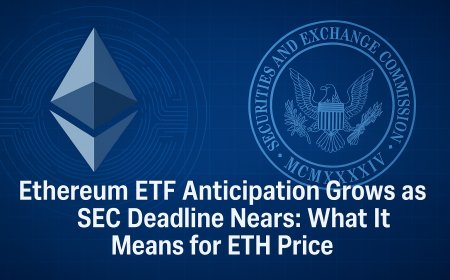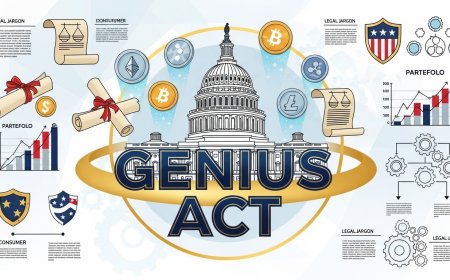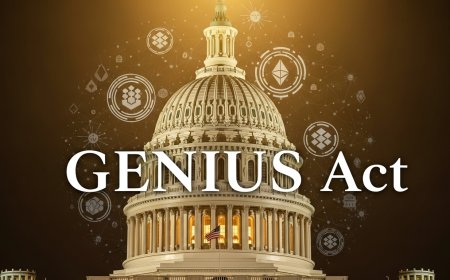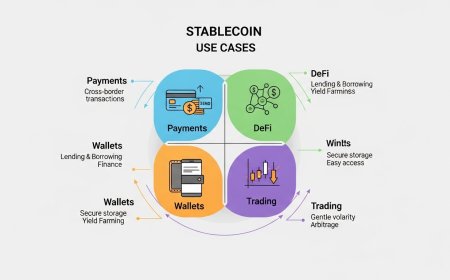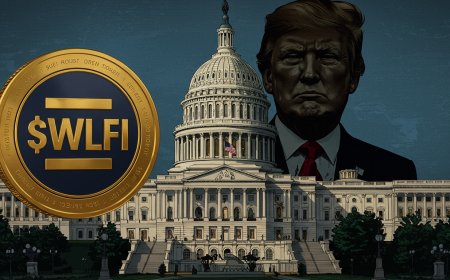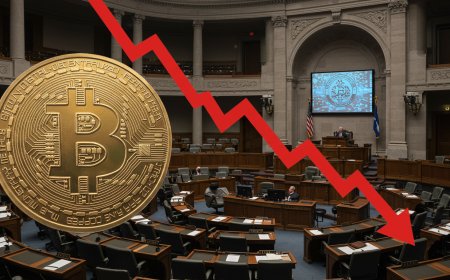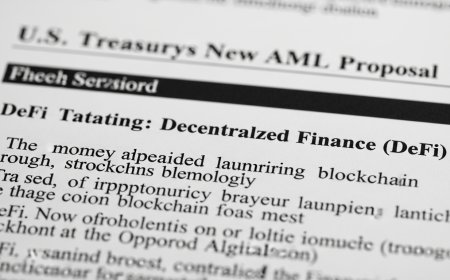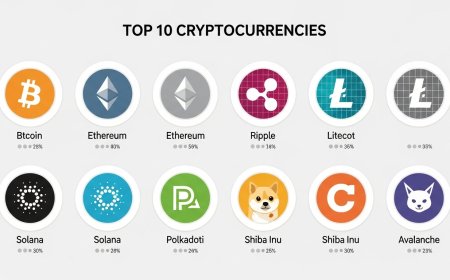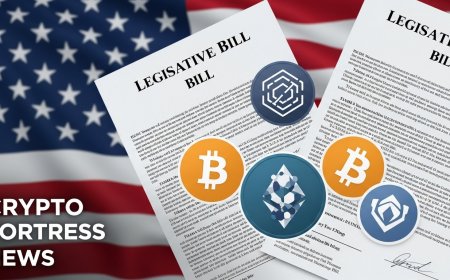US House Passes GENIUS Act, Regulating Stablecoins
The U.S. House approved the GENIUS Act to regulate stablecoins federally—boosting crypto clarity and adoption.
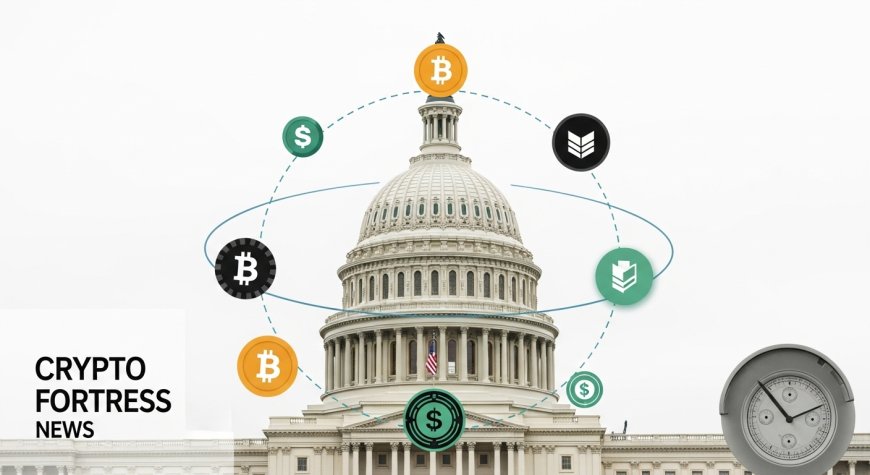
Congress Advances Stablecoin Oversight with Historic GENIUS Act
In a landmark move for the digital asset economy, the United States House of Representatives has passed the GENIUS Act — a comprehensive federal bill designed to regulate the issuance and management of stablecoins. This legislative breakthrough marks a pivotal moment in how the U.S. government will engage with crypto-backed financial instruments moving forward.
Officially titled the Guidelines for Ensuring Nationally Issued and Uniform Stablecoins (GENIUS) Act, the bill aims to standardize practices around USD-pegged digital tokens and provide a clear framework for issuers. Backed by a bipartisan group of lawmakers, the GENIUS Act lays the groundwork for ensuring consumer protection, anti-money laundering compliance, and reserve transparency in the stablecoin space.
Highlights of the GENIUS Act
- Federal Registration Requirement: All stablecoin issuers must register with a new federal authority under the Treasury Department.
- Mandatory Reserve Backing: Every issued stablecoin must be backed by 1:1 liquid reserves such as U.S. Treasuries or cash equivalents.
- Monthly Audits: Issuers must disclose reserve reports audited by an independent third party.
- Clarity for Banks vs. Fintechs: Separate requirements are introduced for depository institutions and private issuers like fintech startups.
According to House Financial Services Committee Chair Rep. Nathan Caldwell (R-TX), “This legislation ensures that digital dollars circulating in our economy are as safe and reliable as the ones in your physical wallet. We’ve struck a balance between innovation and protection.”
Why Stablecoins Matter Now
Stablecoins have become a backbone of the global cryptocurrency ecosystem. Assets like USDC, USDT, and DAI facilitate billions in daily transactions, offering a digital equivalent to fiat currency with minimal volatility. However, the lack of consistent oversight has long been a point of concern among regulators and investors alike.
The passage of the GENIUS Act comes after years of back-and-forth debates surrounding crypto regulation, triggered in part by events such as the collapse of algorithmic stablecoins like TerraUSD (UST) and growing worries about illicit finance.
Market Impact: Regulatory Clarity Drives Adoption
Crypto markets responded positively to the news. Bitcoin jumped 2.5% on the day of the announcement, while stablecoin issuers like Circle and Paxos released statements praising the move.
“The GENIUS Act provides the clarity we’ve been asking for,” said Jeremy Allaire, CEO of Circle, the company behind USDC. “We believe this legislation will significantly accelerate institutional adoption of digital dollar infrastructure.”
Investors and analysts agree that clearer federal rules will likely usher in new capital and user growth, particularly from sectors like remittances, DeFi protocols, and cross-border business payments.
What the Crypto Community Is Saying
While the act has received applause from traditional finance, reactions from the decentralized finance (DeFi) and Web3 communities have been mixed. Some developers and DAO leaders view the act as a positive signal, while others argue that heavy compliance burdens could stifle open-source innovation.
- DeFi advocate @blockbuildr tweeted: “GENIUS Act = huge win for stablecoin legitimacy. Next stop: DeFi getting regulated too.”
- Web3 researcher Clara Zhou warned in a Medium post: “Decentralized stablecoins like DAI may face unintended scrutiny. We need nuance in enforcement.”
Despite the criticisms, there’s consensus that this is a long-overdue step in bridging Web2 and Web3 financial systems. The crypto community will be watching closely as the Senate now takes up the bill.
What Happens Next?
The bill is now headed to the Senate Banking Committee, where it is expected to face additional amendments and negotiations. Key senators have indicated early support, and a summer vote could cement the GENIUS Act as law by Q4 2025.
Should it pass, the act would direct the Treasury to set up a Stablecoin Oversight Unit (SOU) to enforce compliance and coordinate with the SEC, CFTC, and FDIC. Treasury Secretary Janet Yellen has expressed cautious optimism, stating, “A unified approach to dollar-based tokens aligns with our goals for responsible innovation.”
Conclusion
The passing of the GENIUS Act marks a major turning point in crypto regulation — not just for the U.S., but for global markets. It signals a maturing environment where regulatory certainty can coexist with decentralized innovation. For investors, developers, and institutions alike, the message is clear: Stablecoins are here to stay — and Washington is ready to embrace them responsibly.
What's Your Reaction?
 Like
0
Like
0
 Dislike
0
Dislike
0
 Love
0
Love
0
 Funny
0
Funny
0
 Angry
0
Angry
0
 Sad
0
Sad
0
 Wow
0
Wow
0









